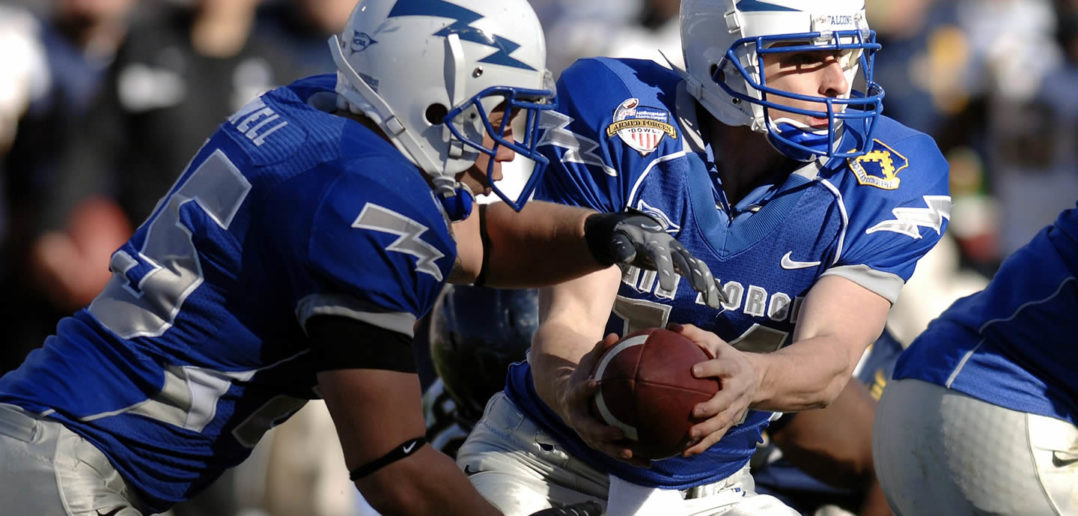Fantasy sports give fans the opportunity to put their knowledge to test. Participants choose their own players and earn points based on the performance of the selected team combination, adding an extra dimension to games. Millions of people around the world compete in fantasy leagues for fun against friends, family, or co-workers, but an increasing number also play in tournaments for money. The sector is booming, but which fantasy sports are the most popular with fans?
American football (US)
In the US, fantasy football is the most popular fantasy sport with 35 million players, significantly larger than other fantasy sports, such as fantasy baseball, basketball, or ice hockey. For decades, all fantasy leagues were unofficial and had no direct links with the NFL, but the league finally embraced the idea of fantasy leagues a couple of years ago and now around 78% of all fantasy league players in the country are playing fantasy football.
DraftKings became the league’s first official daily fantasy partner in 2019, and this year the NFL became the last of the US major sporting leagues to fully embrace sports gambling, signing deals with a number of operators for a total of $1bn (£720m). The deals will give the operators access to official game data and content and a presence on NFL.com and the official NFL app.
Just as with the real league, fantasy NFL leagues will hold a draft day each year where players will take turns in selecting NFL stars for their team, and critically in NFL fantasy leagues only one team can select each player.
Football (UK)
In the UK, fantasy football is the most popular and widely played fantasy sport, with roughly 8 million users and growing. Many people play in their own private fantasy leagues, but the Premier League operates its own official Fantasy Premier League platform which boasts 8 million users and growing.
Football is the world’s favourite sport, and the Premier League is the most famous football league on the planet, so it is little surprise that the league’s official fantasy games has become so popular, with fans creating their own leagues with friends, family, and co-workers and also have their teams ranked against every other user around the world.
A global ranking system for fantasy teams is only possible due to the nature of fantasy football in the UK, where users can select any player they want for their team and multiple teams can choose the same player, which is in contrast to how the US fantasy leagues function. This gives fans the chance to create their perfect line-up, but at the same time can make it difficult to have your team stand out as many teams will have chosen very similar line-ups.
Cricket (India)
Cricket is wildly popular in India, with around 50% of the country’s 1.3bn people watching the sport each year, and so it is of little surprise that fantasy cricket has found millions of fans in the country. According to a recent study by Federation of Indian Fantasy Sports (FIFS) in collaboration with KPMG, there are around 100 million fantasy cricket players in India today, but analysts believe the market could swell to more than 400 million over the next decade.
The most popular fantasy cricket game is the Dream11, where fans can create their own dream 11-man team for the Indian Premier League (IPL) Twenty20 cricket tournament. The rules of cricket are somewhat complex, but the game has a simple scoring system where participants get one point for each run or 25 points for each wicket, and various bonuses throughout for their players hitting sixes, scoring centuries, or hitting the stumps for a run-out.
Fantasy in the future
The fantasy sports sector has seen rapid growth in recent years, as smartphones have become ubiquitous and new apps have made taking part easier than ever. And as leagues and tournaments have embraced the idea of fantasy sports, teaming up with fantasy platforms or creating their own, fans have only become more engaged with their favourite teams and players.
Fantasy leagues offer both an extra level of excitement for fans, who now have a vested interest in the performance of specific players, and new revenue streams for teams and leagues, which can license their intellectual property. If a sport has a fanbase, therefore, creating a fantasy element is both lucrative and popular – a win-win.




